When you don’t sleep enough, your brain may clean itself at the exact moment you need it to think.
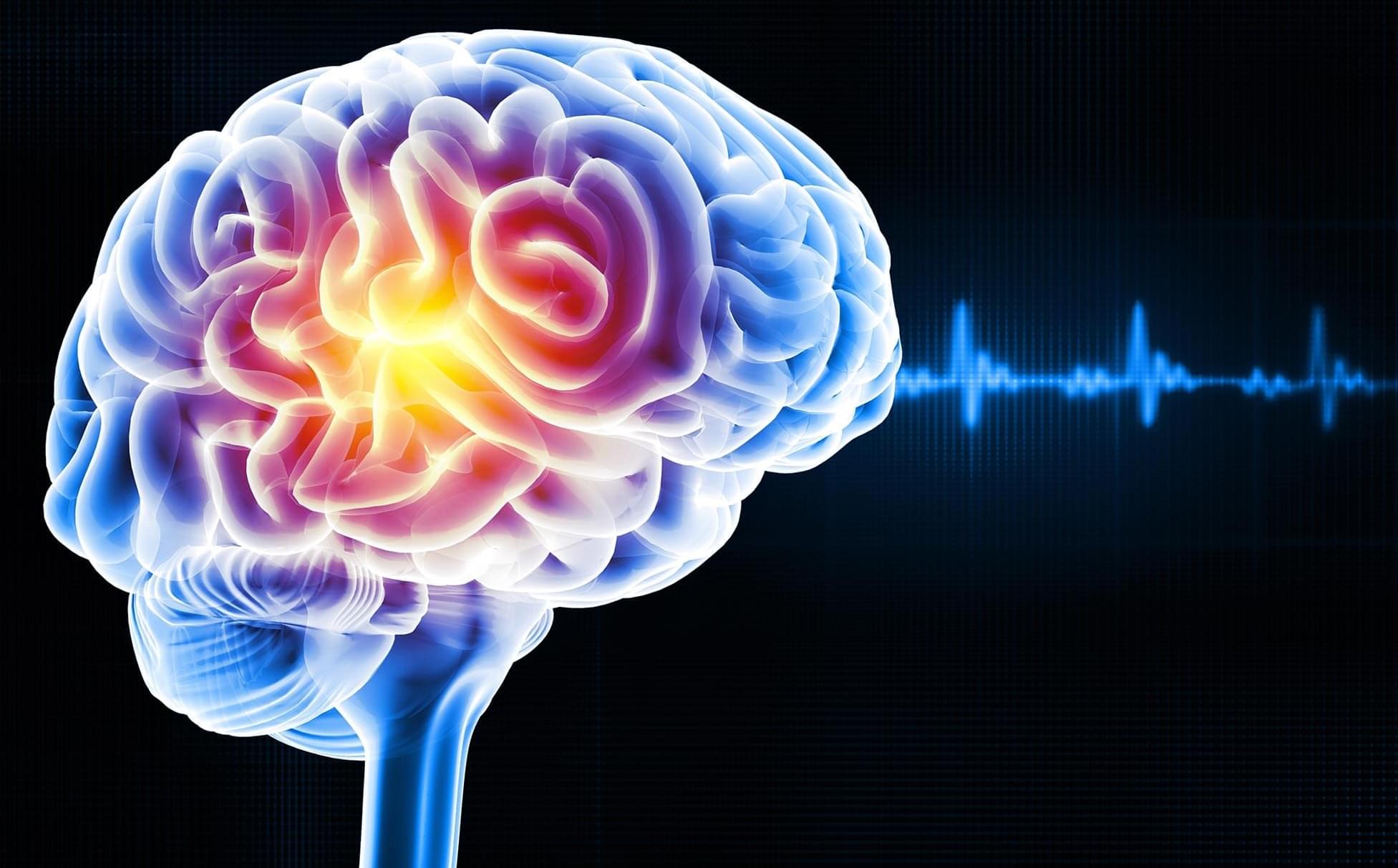

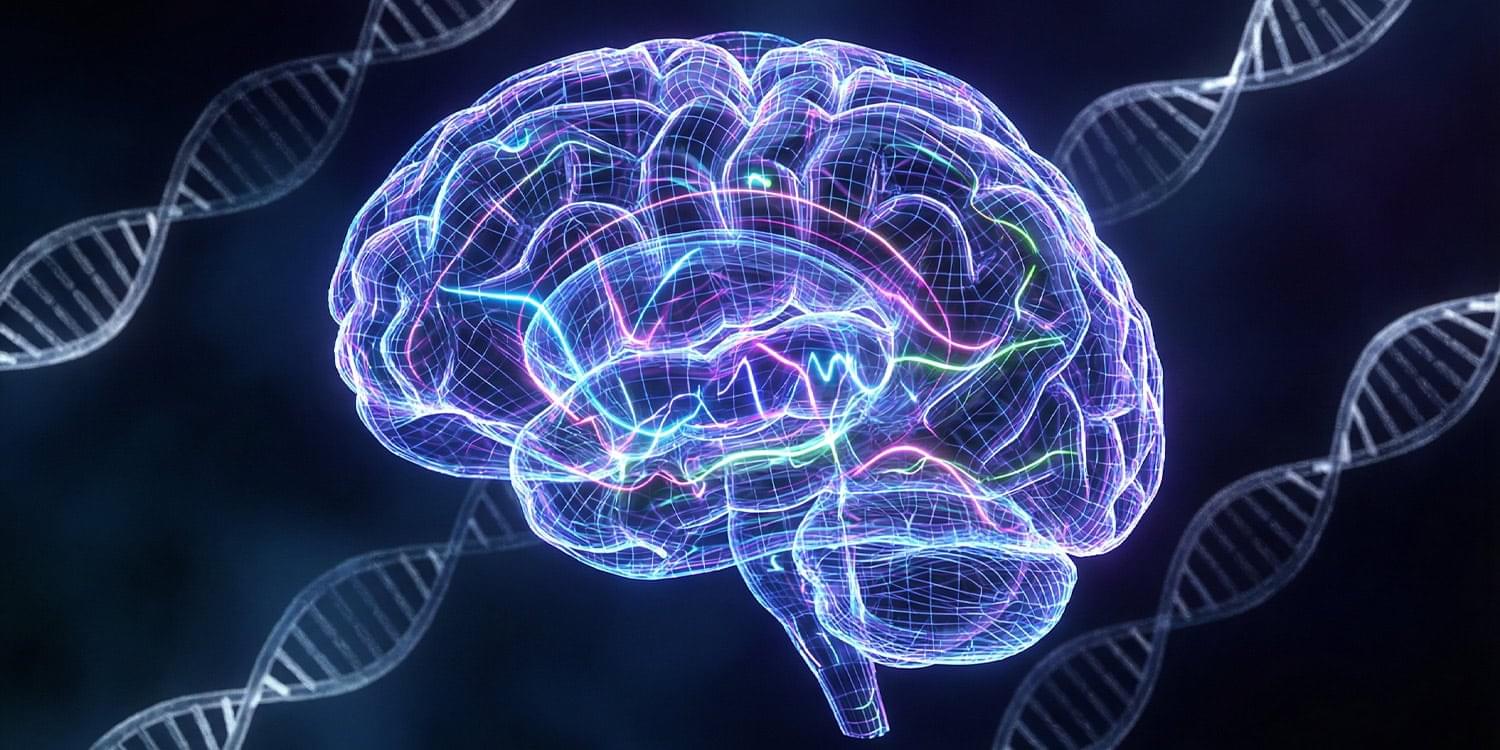

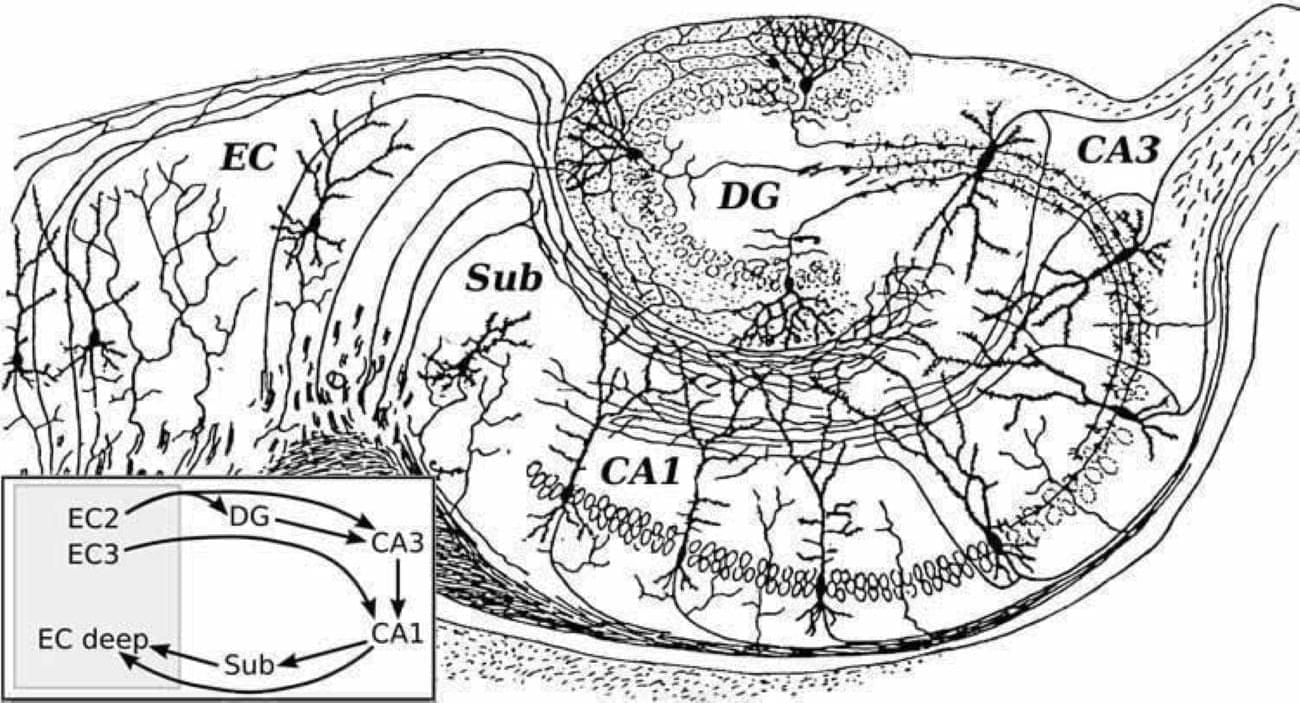
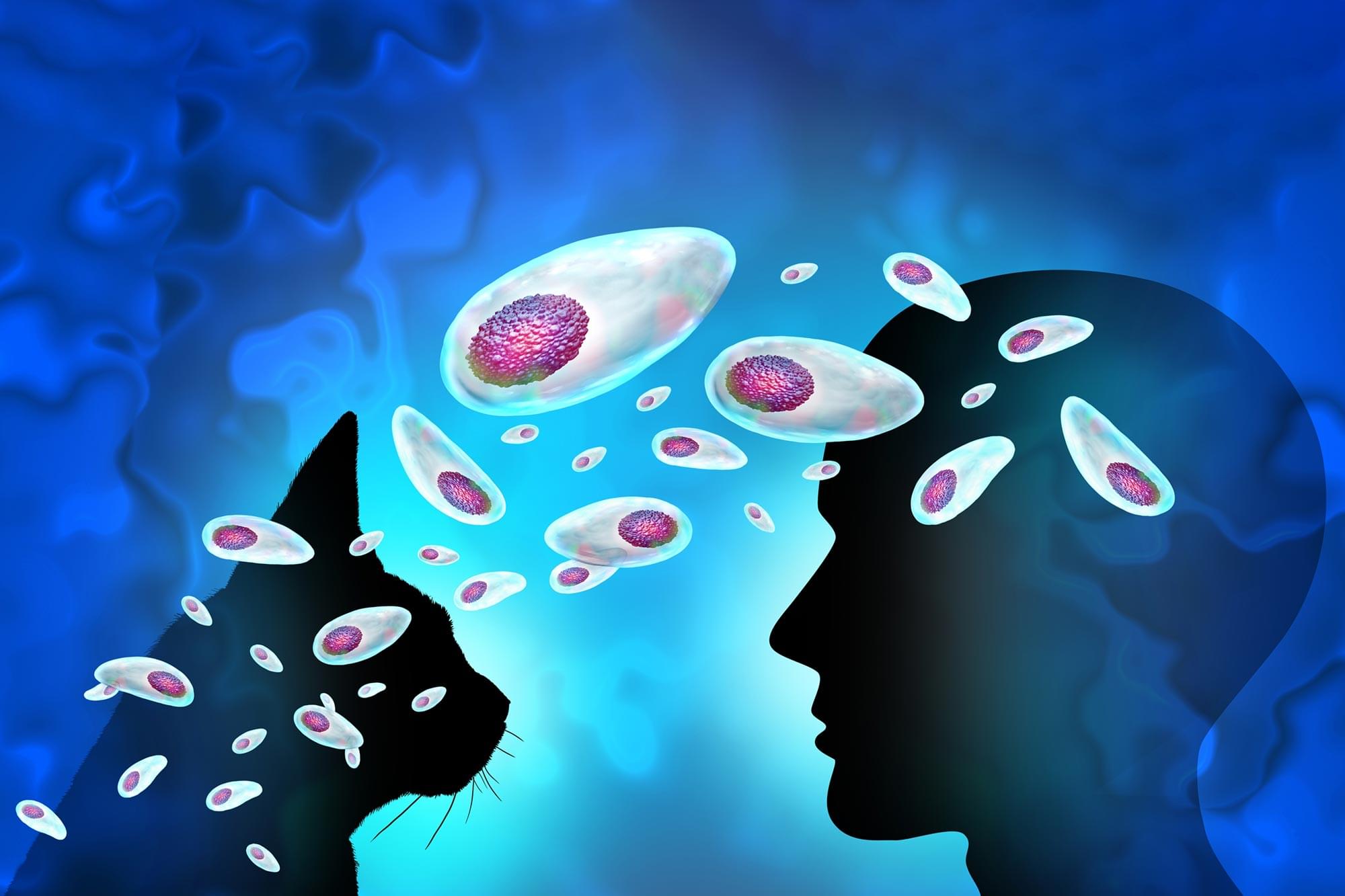
A common parasite hiding in the brain turns out to be far more active and organized than anyone realized.
A team of scientists at the University of California, Riverside, has discovered that Toxoplasma gondii, a parasite estimated to infect up to one-third of the world’s population, is far more biologically complex than previously understood. Their findings, published in Nature Communications, provide new insight into how the parasite causes disease and why it has proven so difficult to eliminate with current treatments.
How Toxoplasmosis Spreads in Humans.
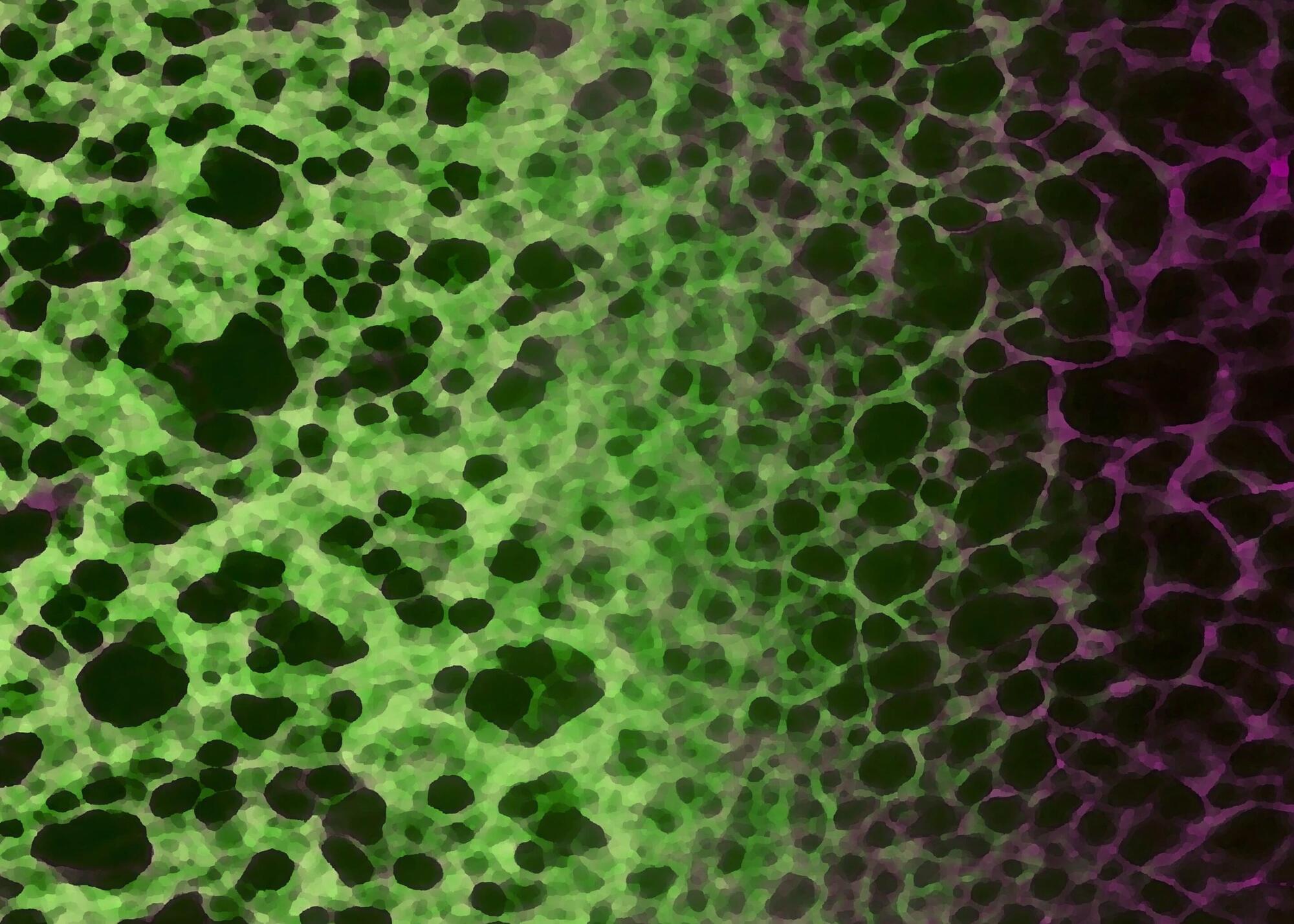
Improvements in public health have allowed humankind to survive to older ages than ever before, but, for many people, these added golden years are not spent in good health. Aging is a natural part of life, but it is associated with a greatly increased incidence of most chronic diseases, including various cancers, diabetes, and Alzheimer’s disease.
The laboratory of Kris Burkewitz, assistant professor of cell and developmental biology, wants to figure out if there is a way to break the links between the aging process and disease so that we can stay healthy longer, allowing us to better enjoy our later years. To accomplish this goal, the Burkewitz lab focuses on how cells organize their internal compartments, or organelles, and how organelle structures can influence cellular function, metabolism, and disease risk.
In his most recent paper, published in Nature Cell Biology, Burkewitz describes a new way by which cells adapt to the aging process: by actively remodeling the endoplasmic reticulum, one of the cell’s largest and most complex organelles. His team found that aging cells remodel their ER through a process called ER-phagy, which selectively targets specific ER subdomains for breakdown. The discovery that ER-phagy is involved in aging highlights this process as a possible drug target for age-related chronic conditions such as neurodegenerative diseases and various metabolic disease contexts.
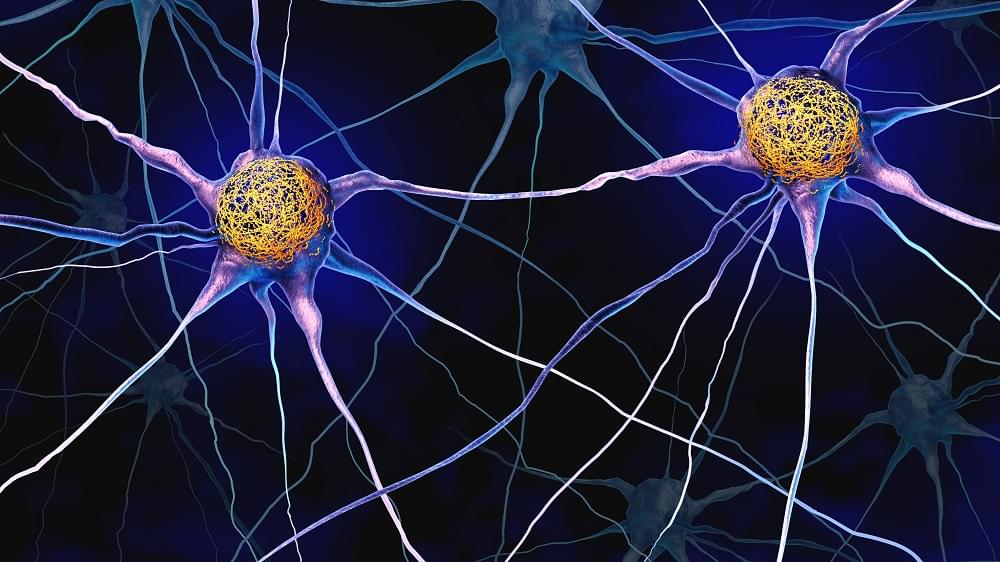
This screening platform washed cells with a broad range of retroviruses to determine which ones affect tau. In follow-up testing, the gene CUL5 was singled out as being crucial for tau degradation. Mitochondrial function was also found to be a key part of preventing tau pathology.
Using an ingenious CRISPR-based screening technique, scientists have found a protein that tags tau for degradation and is more strongly expressed in tau-resilient neurons [1].
Some neurons are more equal than others
The accumulation of tau protein fibrils in neurons is a hallmark of Alzheimer’s and several other diseases [2]. Scientists have long noticed that even in the brains of people who died of Alzheimer’s, some neurons are markedly healthier than others, suggesting that neurons differ in how they handle tau and that these differences may explain selective vulnerability in tauopathies [3].
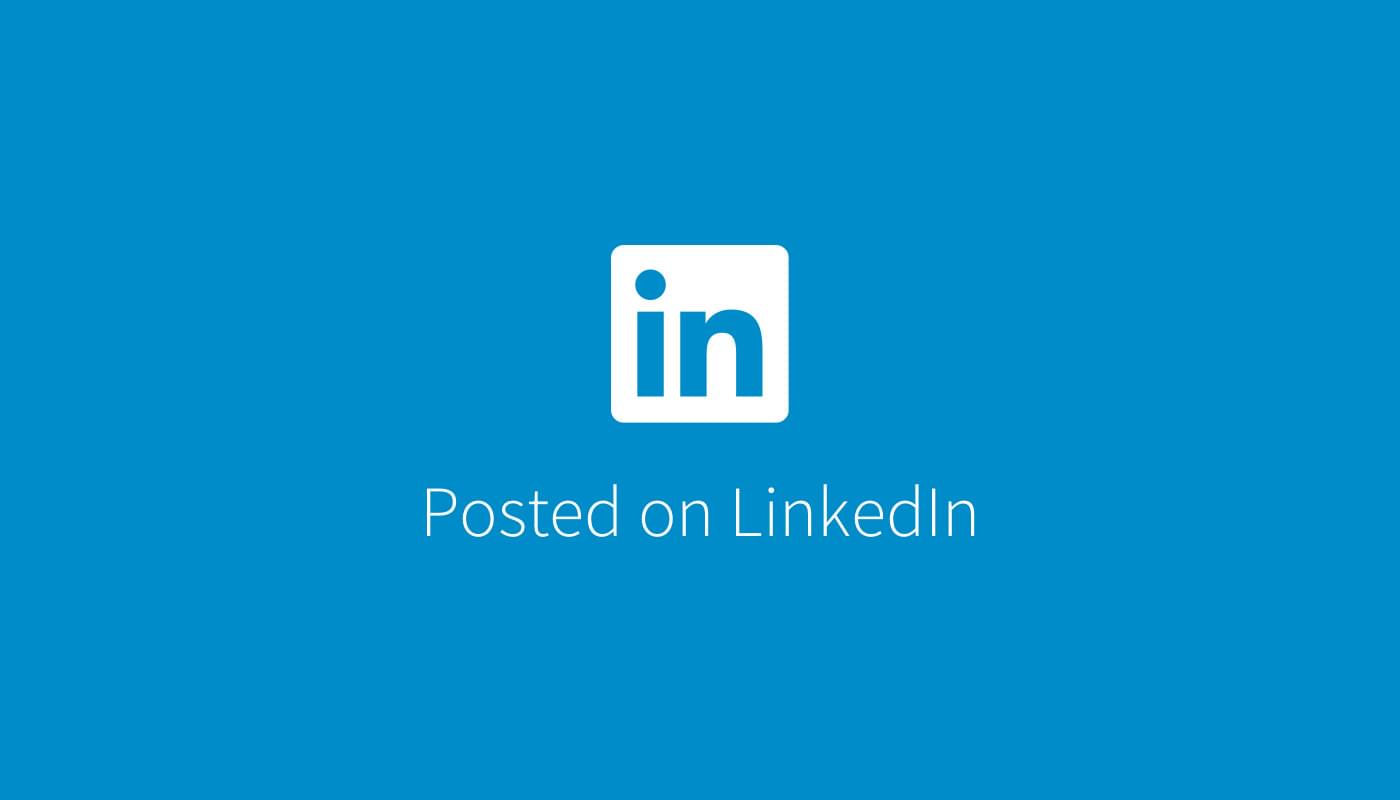
Please see my LinkedIn article: “Securing the Neural Frontier.”
We are poised to witness one of the most significant technological advancements in human history: the direct interaction between human brains and machines. Brain-computer interfaces (BCIs), neurotechnology, and brain-inspired computing have already arrived and need to be secure.
Link.
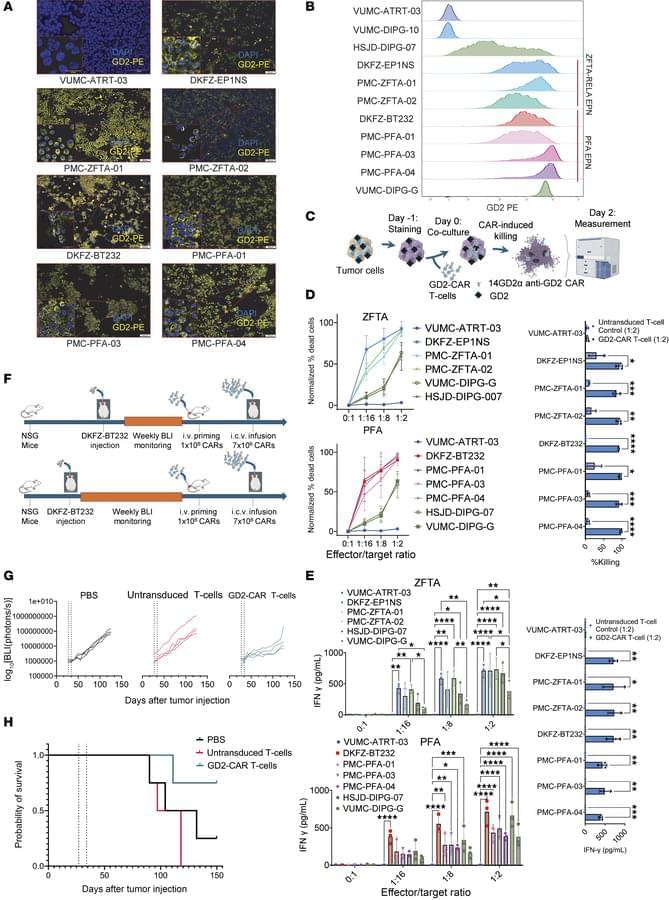
Research Letter: CAR T cells targeting the glycoprotein GD2 show potent antitumor efficacy in high-risk ependymoma models.
Antonio Carlos Tallon-Cobos & team establish a new ependymoma model for preclinical research and demonstrate a promising immunotherapeutic approach for this largely aggressive pediatric brain cancer.
1Princess Máxima Center for pediatric oncology, Utrecht, Netherlands.
2Hopp Children’s Cancer Center Heidelberg (KiTZ), Heidelberg, Germany.
3Division of Pediatric Neurooncology, German Cancer Research Center (DKFZ) and German Consortium (DKTK), Heidelberg, Germany.
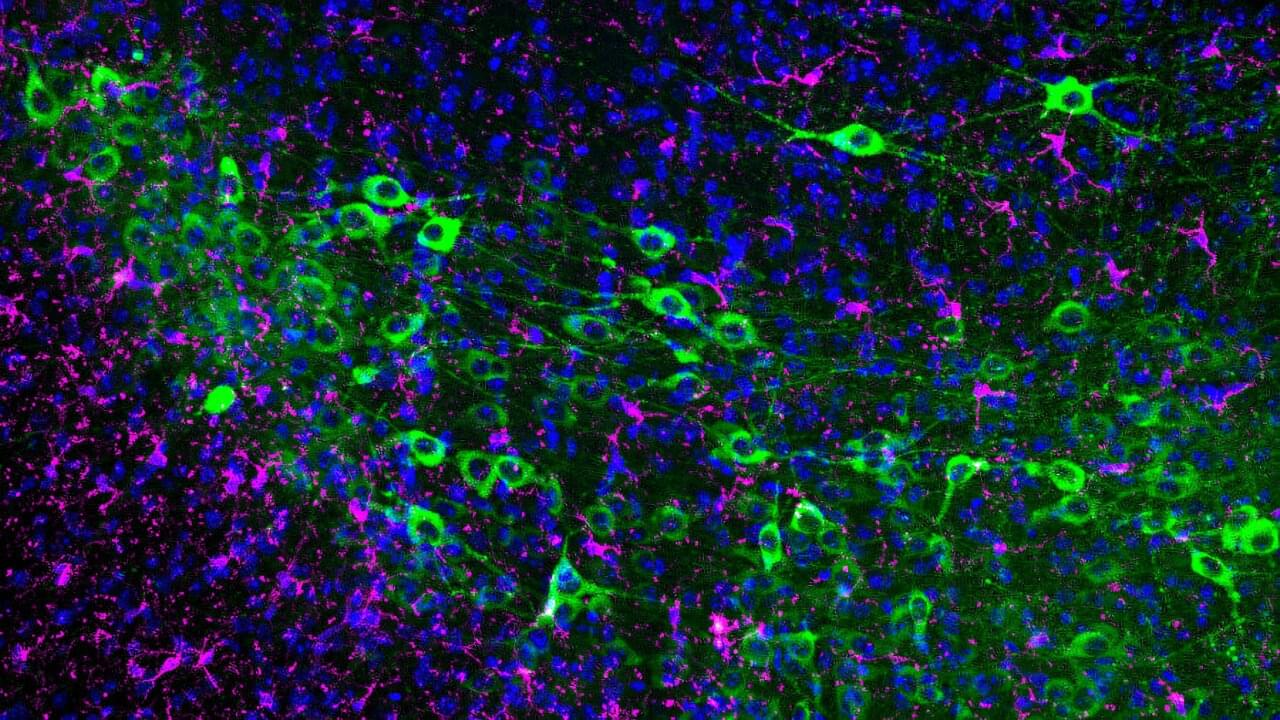
Parkinson’s disease is characterized by the progressive loss of dopaminergic neurons in a specific brain region known as the substantia nigra. This neuronal degeneration is closely linked to inflammatory processes mediated by microglia, the immune cells of the central nervous system. However, the precise mechanisms that trigger this destructive process are still not fully understood.
Now, in an article published in npj Parkinson’s Disease, researchers from the Institut de Neurociències of the Universitat Autònoma de Barcelona (INc-UAB) and the UAB Department of Biochemistry and Molecular Biology report that brain tissue from Parkinson’s disease patients contains a higher proportion of reactive microglia, meaning cells that are primed to respond. But most importantly, these reactive microglial cells also show an increased density of receptors known as Fc gamma on their membranes.